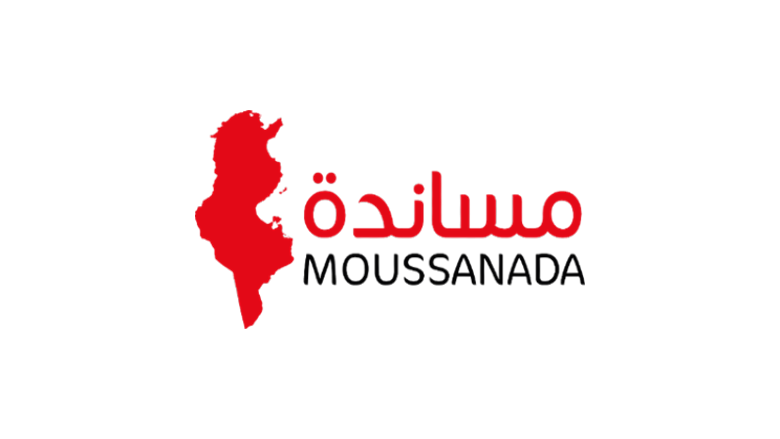Tunisia Economic Resilience & Inclusion (TERI)
Moussanada Multi-Donor Trust Fund Supported Work
Window 1 - Governance
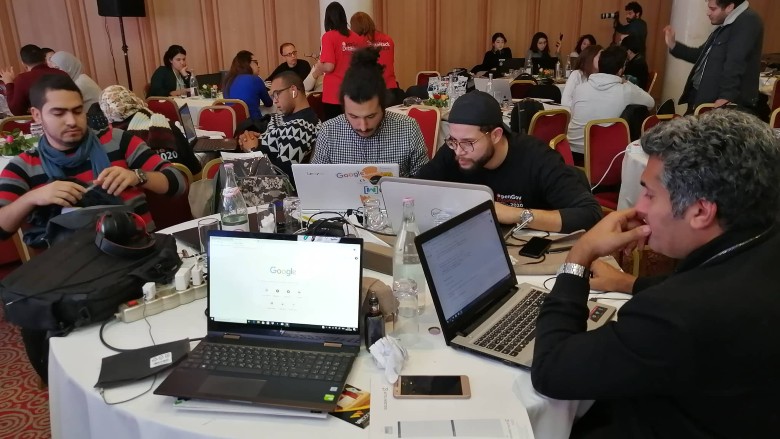
Open Government Partnership Program (OGP)
The Open Government Partnership (OGP) is a multi-stakeholder initiative that aims to secure concrete commitments from national and sub-national governments to promote open government, empower citizens, fight corruption, and harness new technologies to strengthen governance. To date, 78 countries have joined the Partnership, including Tunisia, which joined in 2014. The objective of this technical assistance program is to support the Government of Tunisia with the implementation of commitments arising from the OGP National Open Government Action Plans with a focus on improving access to information, institutionalizing open data approaches in the public sector, and fostering the digital economy.
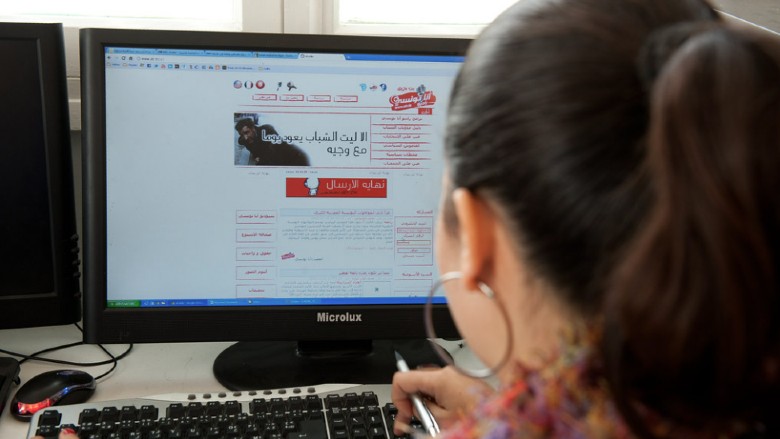
Modernization and Digitalization of the Administration
This technical assistance is structured around 3 components that aim at (i) strengthening capacities in public investment management to modernize and digitize the administration; (ii) promoting efficiency by improving service quality; and (iii) promoting efficiency through closer services for users. Thanks to the project, the process of administrative simplification through a user-centered approach, the “life event approach”, is being adopted and generalized by the Government and within the administration. The project has also supported the Government in its efforts to improve access to administration services and to engage in the development of a new generation of civil service centers – digitized access points developed and designed to deliver public services in under-served areas.
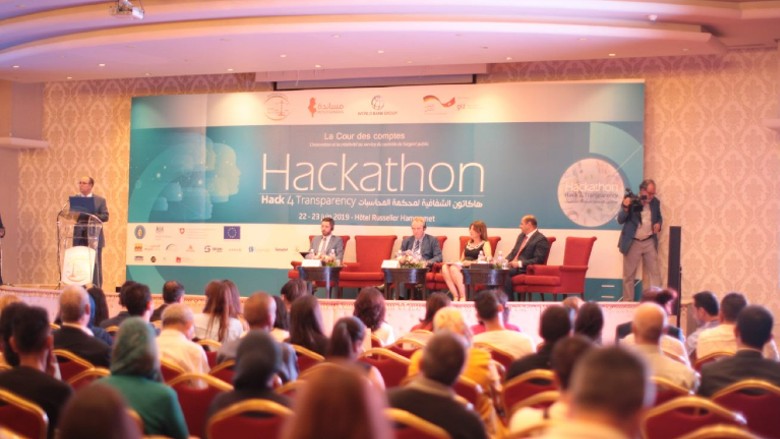
Hack4Transparency
The Court of Auditors aspires to become a supreme control institution of reference, a credible source of information. As part of its communication strategy, the Court of Auditors launched, in partnership with the World Bank, the "Hack4Transparency" initiative in January 2019 to take advantage of the technology, intelligence, and know-how of Tunisian youth in its process of involving citizens in the planning phases of the audit process and facilitating citizen-court exchanges. In 2019, five hackathons were organized gathering for 48 hours more than 500 multidisciplinary participants such as students, graduates, hackers, magistrates, jury members, and mentors in order to propose innovative solutions for challenges identified by the Court of Auditors. The selected finalist solutions have since been supported in their implementation within the Court of Auditors, and in their fundraising efforts to set-up start-up projects.
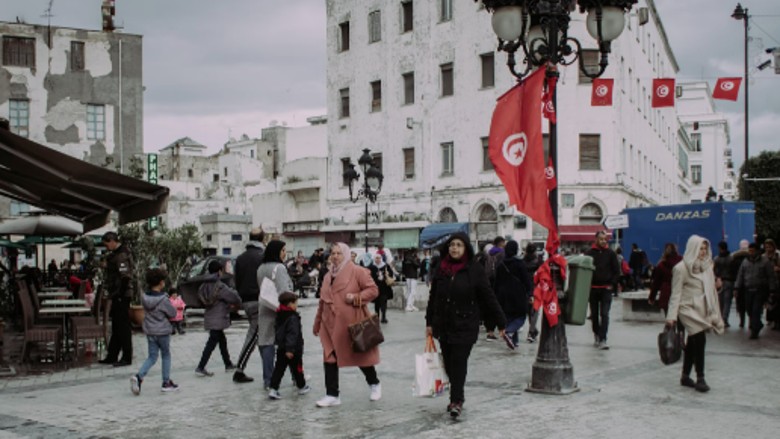
Implementation of Key Economic Reforms
This technical assistance aims at supporting the Government of Tunisia to manage priority reforms through a collaborative and participatory approach and better communication, to encourage full ownership and effective implementation of reforms by the administration.
In 2018, the project assisted the Government with the development of two action plans and white papers as a roadmap to define the priorities, responsibilities, and stakeholders for each of the reform projects to modernize the public service and administration. Support was also provided to the communication and change management around these reforms to foster the ownership and accountability of the working groups tasked with the implementation of these reforms.
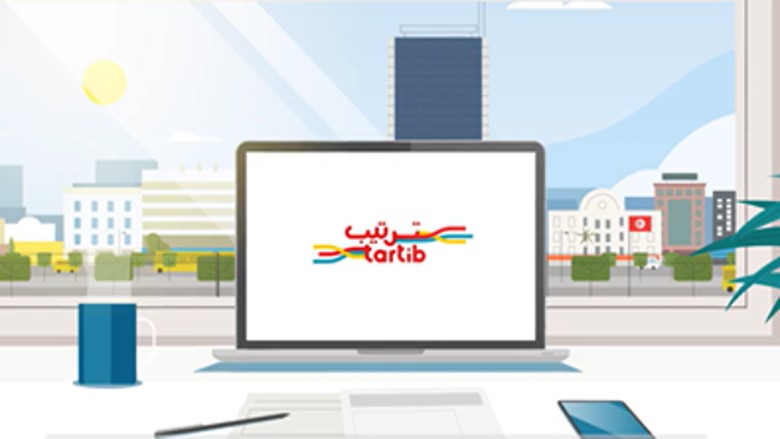
Budget Credibility Improvement and Enhancement Project
To improve the efficiency of public investments, Tunisia adopted in 2017 a unified public investment management framework through government decree N° 2017-394. During the first phase (2018-2021), the World Bank supported the National Committee for the Approval of Public Projects (CNAPP) with the development of the methods and tools necessary for the operationalization of the unified framework. As a decision-making tool, TARTIB provides CNAPP members with the necessary information to prioritize investment projects based on objective criteria.
In a context of significant budgetary constraints for the Government of Tunisia, improving the efficiency and effectiveness of public spending remains a top priority. The second phase will consolidate the achievements of the first with regards to the selection of investment projects (i) by reinvigorating CNAPP's capacities and enhanced coordination with the Ministry of Finance; (ii) implementing the investment chart to establish common benchmarks for PIM reform in Tunisia; (iii) transforming the TARTIB 2 tool into a web application to enhance accessibility by key stakeholders; and (iv) capacity building at national and subnational levels, supporting pilot projects, and consolidating budget programming of public investments. Phase 2 will support interoperability between TARTIB and PFMIS, as well as support the extension of the unified framework for the management of public investment to all sectors and local governments, as major players in public investment.

Modernization of Public Procurement
Public procurement represents 40% of Tunisia’s state budget. A large consensus and common agreement exists within the administration and among Development Partners on the urgent need to address and resolve the investment bottlenecks within the procurement system. Among the more critical blockages are the lack of overall capacities and the number of specialists in the procurement sector. To tackle this issue, a project has been put in place to support the establishment of a Center of Excellence dedicated to public procurement training in Tunisia, which aims to modernize procedures and increase the system’s efficiency through a more streamlined approach.
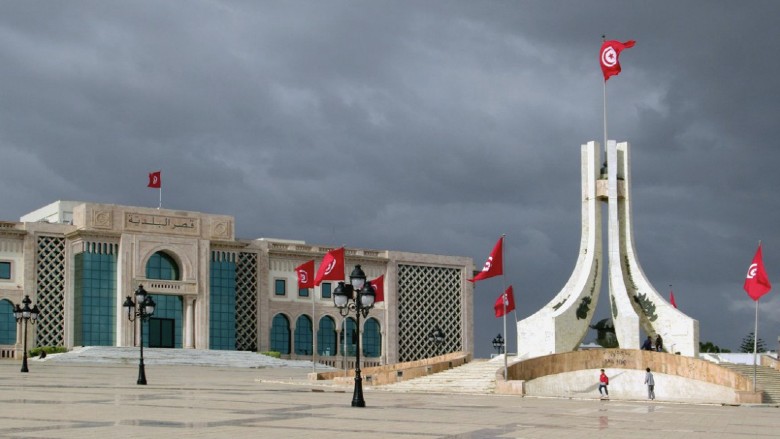
Support to Civil Service Modernization
This technical assistance program is part of a broader national initiative to reform the civil service and promote the modernization of the administration. This technical assistance program is structured around three components: (i) the modernization of human resources management; (ii) administrative simplification and improved access of citizens to public services; and (iii) digital governance. The project has contributed over the past years to improve human resource management and mobility/redeployment to needed functions and regions, through the official launch and public opening of the first Job Mobility e-Platform in Tunisia in April 2021. Since, 517 civil servants have applied for mobility.
"Ambition Good Jobs for All" program in Tunisia
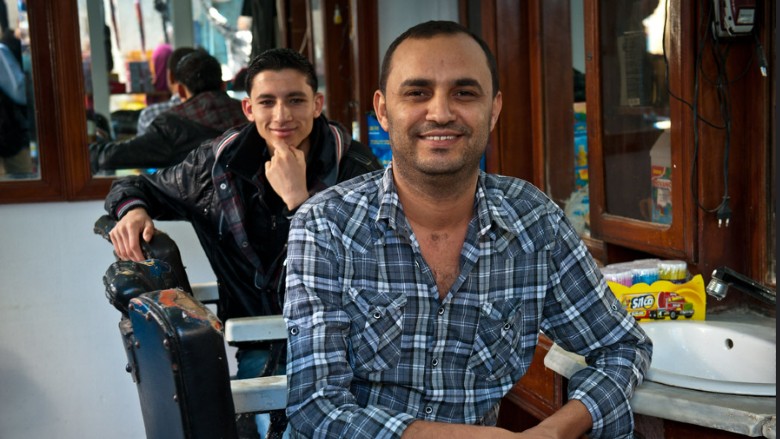
Employment and Intermediation Systems and Orientations
The persistent mismatch between the demand and supply of skills in the domestic labor market is one of the reasons behind the high youth unemployment rate in Tunisia. This project aims at increasing the outreach and quality of intermediation and orientation services proposed to job seekers, collaborating closely with private and public sector stakeholders. The proposed technical assistance is part of the broader EU4Youth program, which supports the modernization of the ‘Agence Nationale pour l’Emploi et le Travail Independant’ (ANETI) by revamping its services to fully meet the needs of job seekers and enterprises, whilst also digitizing its tools and processes. Recent results include the possibility of registering online, updated modules on job search techniques for job seekers, and the conception of new job seeker segmentation methods for counselors to provide more tailored services.
Window 2 - Financial Sector

Secured Transactions
A modern financial sector and access to credit have increasingly become prerequisites for a healthy economy and a dynamic ecosystem of micro, small and medium-sized enterprises (MSMEs). To ensure Tunisia benefits from such attributes, the World Bank is delivering technical assistance to promote digital finance and financial innovation, as well as improve access to finance for MSMEs. Three distinct components help achieve these objectives more efficiently: (i) the small and medium enterprise credits’ guarantee component, which modernizes and improves access to public credit; (ii) the digital financial services and innovation component, which strengthens the legal framework enabling digital financial services and the digitalization of government payments; and (iii) the government-to-person (G2P) payments component, which accelerates the modernization of the administration and financial sector through the implementation of digital payments.
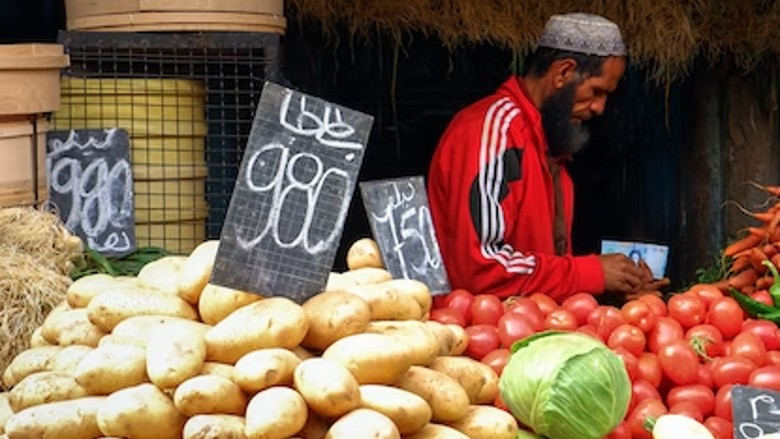
Supporting Greater Financial Inclusion in Tunisia
To promote greater levels of financial inclusion in Tunisia, the World Bank provides support to the Government in the form of technical assistance that aims to improve the legal and regulatory framework for inclusive and responsible finance, provide capacity building for key institutional actors involved in financial inclusion, and expand the range of available financial products and services. Important elements of this project include implementing regulations stipulated under the new financial inclusion law, assessing the legal and regulatory framework for financial consumer protection, facilitating the transition towards international accounting standards (IFRS), modernizing the National Guarantee Fund (FNG), and strengthening capacity building via various workshops on important themes such as banking intermediation, microinsurance, financial consumer protection, anti-money laundering, and microcredit, among others.

Promoting Insurance Markets and Financial Resilience
Strengthening the resilience of Tunisia’s economy to shocks for a more inclusive and durable growth accessible to all citizens is critical to address the growing impact of climate change. This technical assistance program aims to promote greater levels of financial stability through insurance markets and financial resilience mechanisms, articulated around three components: (i) insurance markets; (ii) national disaster risk financing and associated insurances; and (iii) banking. Implemented activities vary from assessing current practices and organizing capacity-building workshops to supporting the drafting of new regulations and operational manuals.
Window 3 - Local Governments and Decentralization
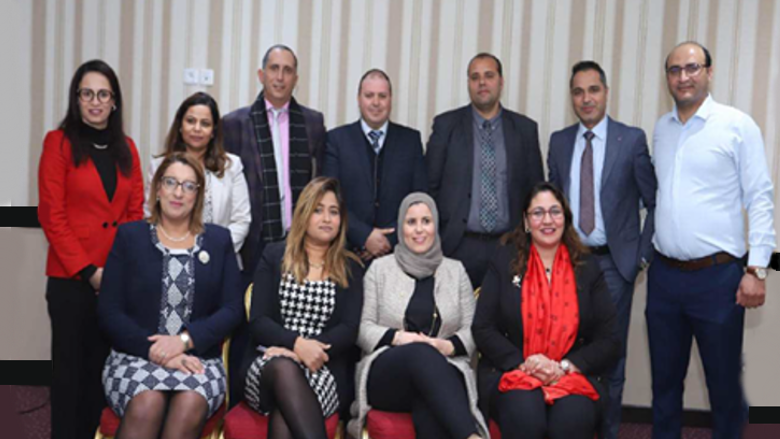
Strengthening Capacities of Magistrates from the Tunisian Court of Account
Strengthening the capacities of national counterparts to play a more prominent role in the decentralization process is a key activity area of the Moussanada Trust Fund in Tunisia. Through various competency-based trainings, the project is strengthening the capacities of magistrates of the Tunisian Court of Account to enable the subsequent operationalization of the updated Local Government Audit Manual. The technical assistance provided is helping the magistrates to sharpen their investigative techniques and acquire the necessary communications expertise to bolster their public speaking and better communicate their role in the decentralization process. The project has also enabled the creation of a platform centralizing audit reports, helping to fight against fraud and corruption at a more local level.
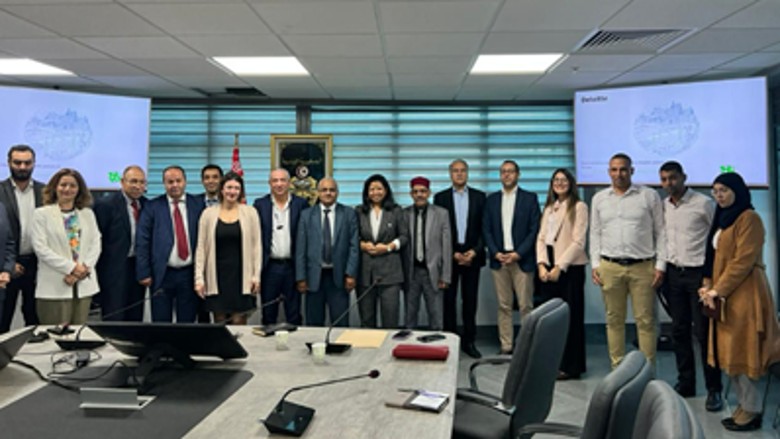
Regional and Territorial Development
The objective of this project is to improve the capacity of the Tunisian State, especially its regional councils, to provide the services and infrastructure necessary for the socio-economic development of all territories in an inclusive and equitable manner. Initial support helped establish a contextual and legislative diagnosis of the situation, better defining the strategic orientation of necessary reforms. The sequenced plan of action works towards preparing and integrating the related reforms through the establishment of inter-ministerial coordination mechanisms. Essential information has been collected on territorial governance that has the dual objective of (i) supporting the government’s reflection on decentralization and regionalization and (ii) laying the ground for the operationalization of this new vision on these matters.
